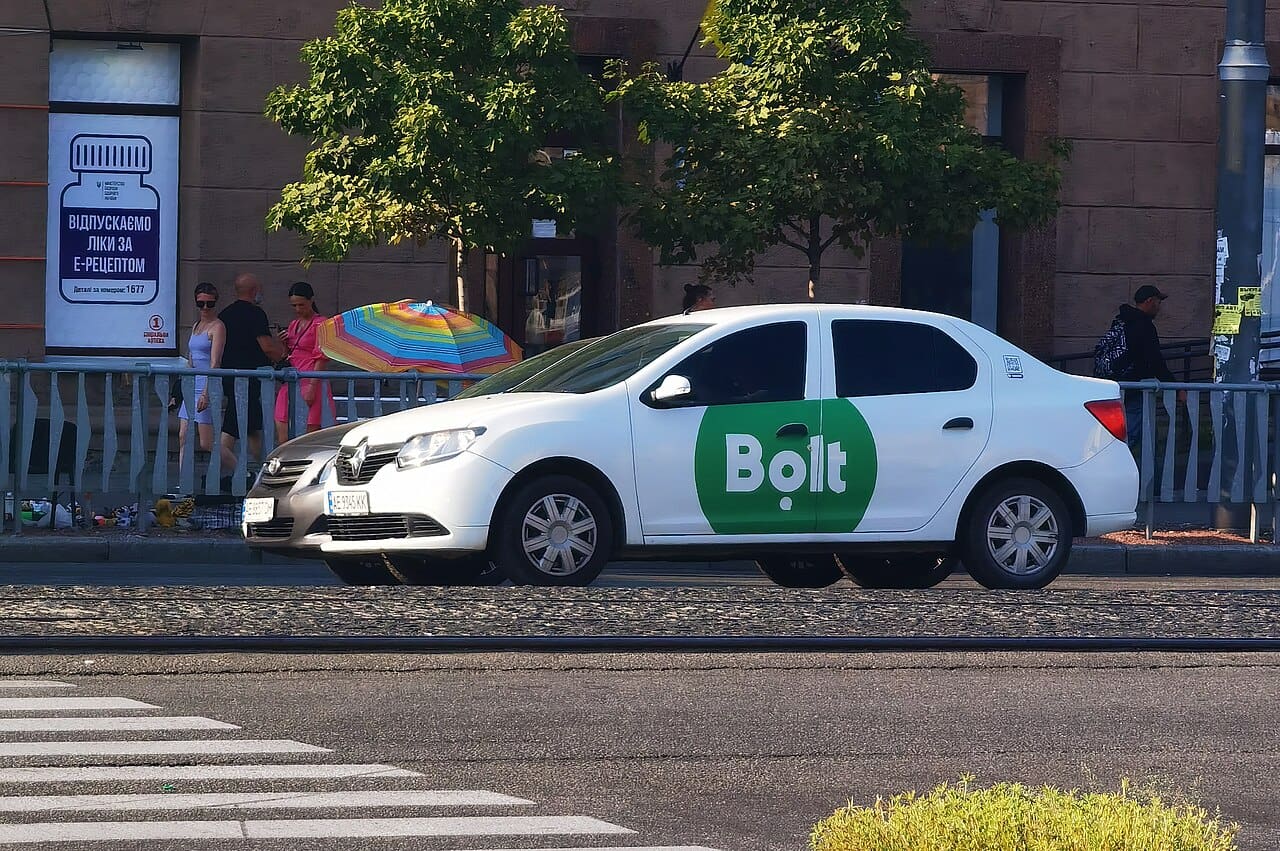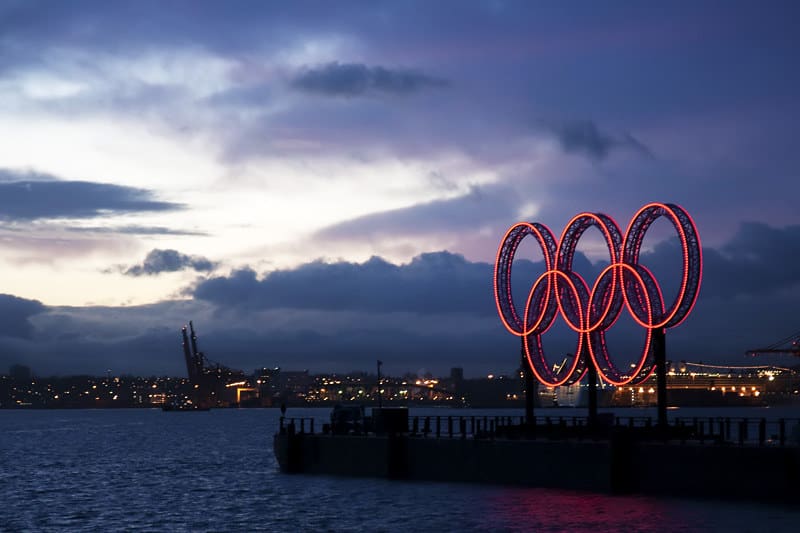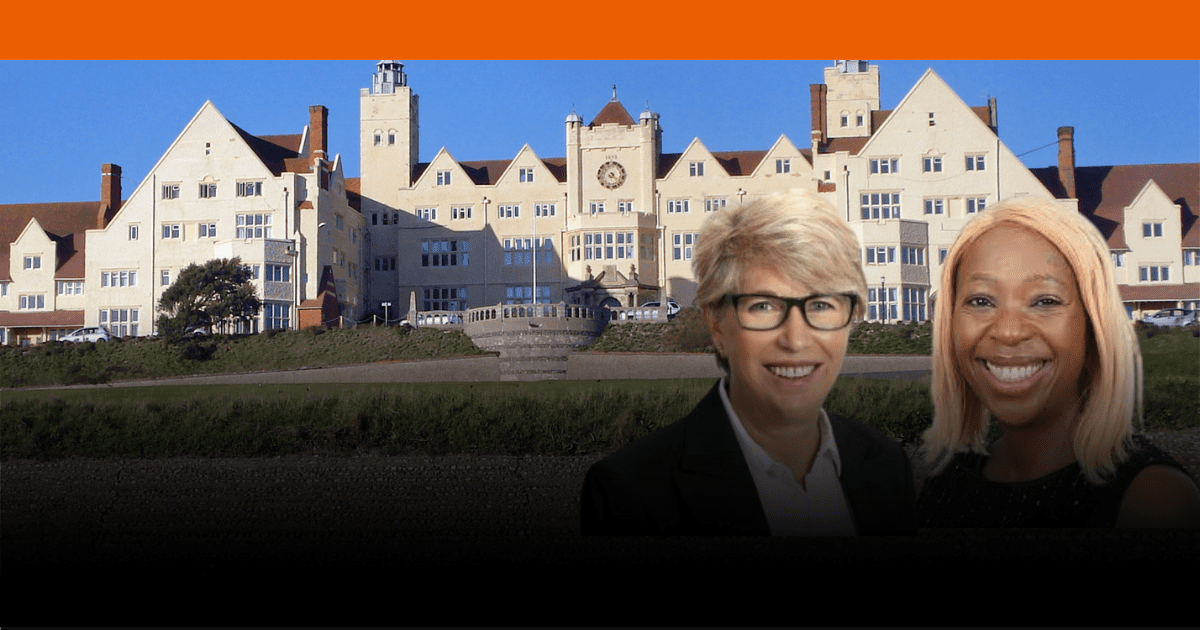South Africa will have a packed 2025, which includes hosting the G20 summit and, as President Cyril Ramaphosa revealed, a national dialogue on our most pressing issues.
Ramaphosa revealed plans for the national dialogue at a Reconciliation Day event in Vredendal in the Western Cape on Monday, 16 December. “I hereby announce that we will hold a National Dialogue next year to enable a conversation among citizens on shaping our country’s future developmental path,” he said. While he first mentioned the idea at his inauguration in June, Ramaphosa isn’t the only one calling for a national dialogue. As far back as May, former president Thabo Mbeki called for a dialogue to discuss what he called “counterrevolution”, which he says has been making the democratic government fail since 1994.
The proposed dialogue wouldn’t be our first rodeo with this sort of thing, of course. In the early 90s, we had two such dialogues: The Convention for a Democratic South Africa (CODESA), which facilitated negotiations between apartheid-era leaders and liberation movements and in 1995, the then Government of Nation Unity (GNU 1.0, if you will) established the Truth and Reconciliation Commission (TRC), where perpetrators and victims of Apartheid met and discussed the horrors of the Apartheid regime. While well-intentioned, the TRC has been criticised for not adequately addressing systemic injustice.
But why does Mzansi need to get talking? Let’s discuss.
- We have one of the highest inequality rates in the world.
South Africa has one of the highest levels of wealth inequality in the world. We have a Gini index of 63, considered a high inequality marker. We also have a rising unemployment rate that might or might not contribute to the country’s crime. “The National Dialogue will give us an opportunity to address the challenges we have been facing for the past 15 years of low growth and unemployment, poverty and hunger, poor governance, slow land reform and corruption,” Ramaphosa said.
- It’s worked in other countries after periods of conflict.
In 1994, Rwanda witnessed one of the worst genocides in history when an ethnically charged civil war ravaged the country. In the following years, Rwanda became one of Africa’s fastest-growing economies. Established in 2003, the country holds an annual dialogue called Umushyikirano. The dialogue brings citizens, government officials, and leaders together to discuss national issues.
- It’s got major support from other stakeholders.
The idea for a national dialogue has received support from other entities such as the National Economic Development and Labour Council (Nedlac), Afrikanerbond, Inclusive Society South Africa, and even political parties like the United Democratic Movement (UDM). “The UDM is satisfied with the intention to host a National Dialogue, an action the UDM has been advocating for years, akin to an Economic Convention for a Democratic South Africa (CODESA), and we are pleased that former President Thabo Mbeki and President Cyril Ramaphosa have adopted the idea.”
The UDM said that it envisions the National Dialogue not as a two-day affair but as a continuation of matters left unattended to at the CODESA. “It should, therefore, span at least a twelve-month period of intensive discussion between political parties, civil society, traditional leaders, business, labour, faith-based leaders, and other stakeholders,” the party said.
While Ramaphosa has not set a date for the dialogue, we hope it’ll be an inclusive process with South Africans from all walks of life and doesn’t just serve the privileged few. We also hope that instead of just endless talking, politicians and stakeholders get to work and implement the solutions instead of endless yapping: less yada yada and more action.
Tshego is a writer and law student from Pretoria. A keen follower of social media trends, his interests include high fantasy media, politics, science, talk radio, reading and listening to music.
He is also probably one of the only people left who still play Pokemon Go.




